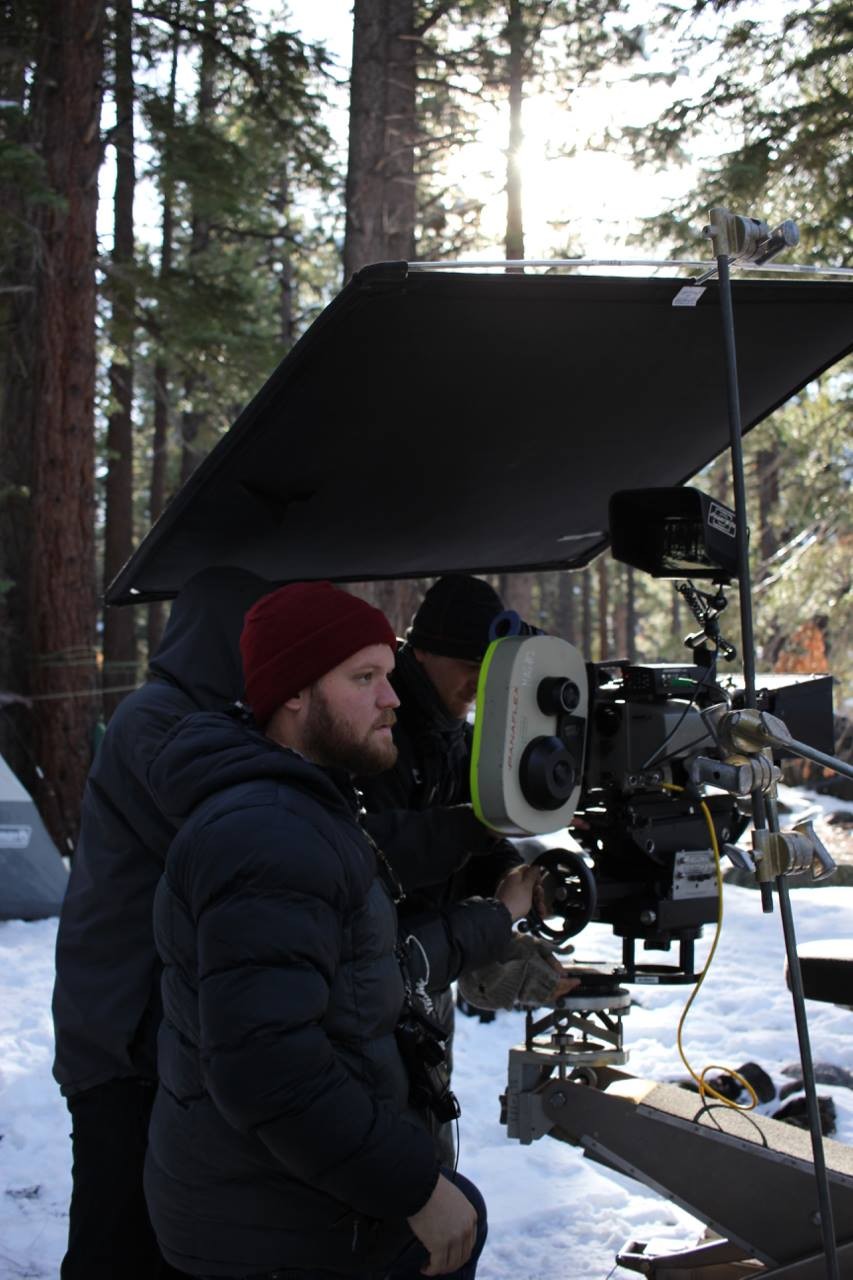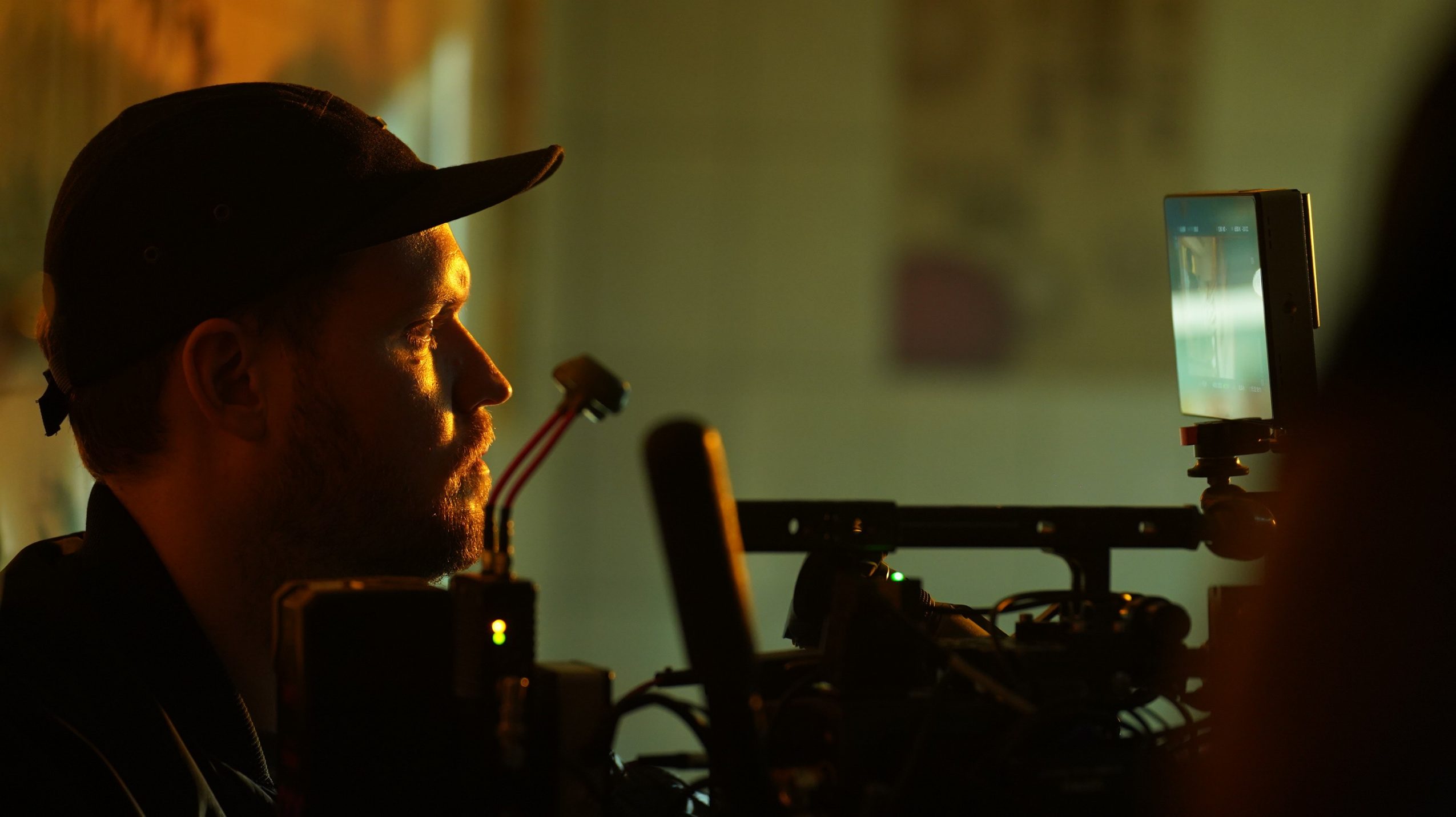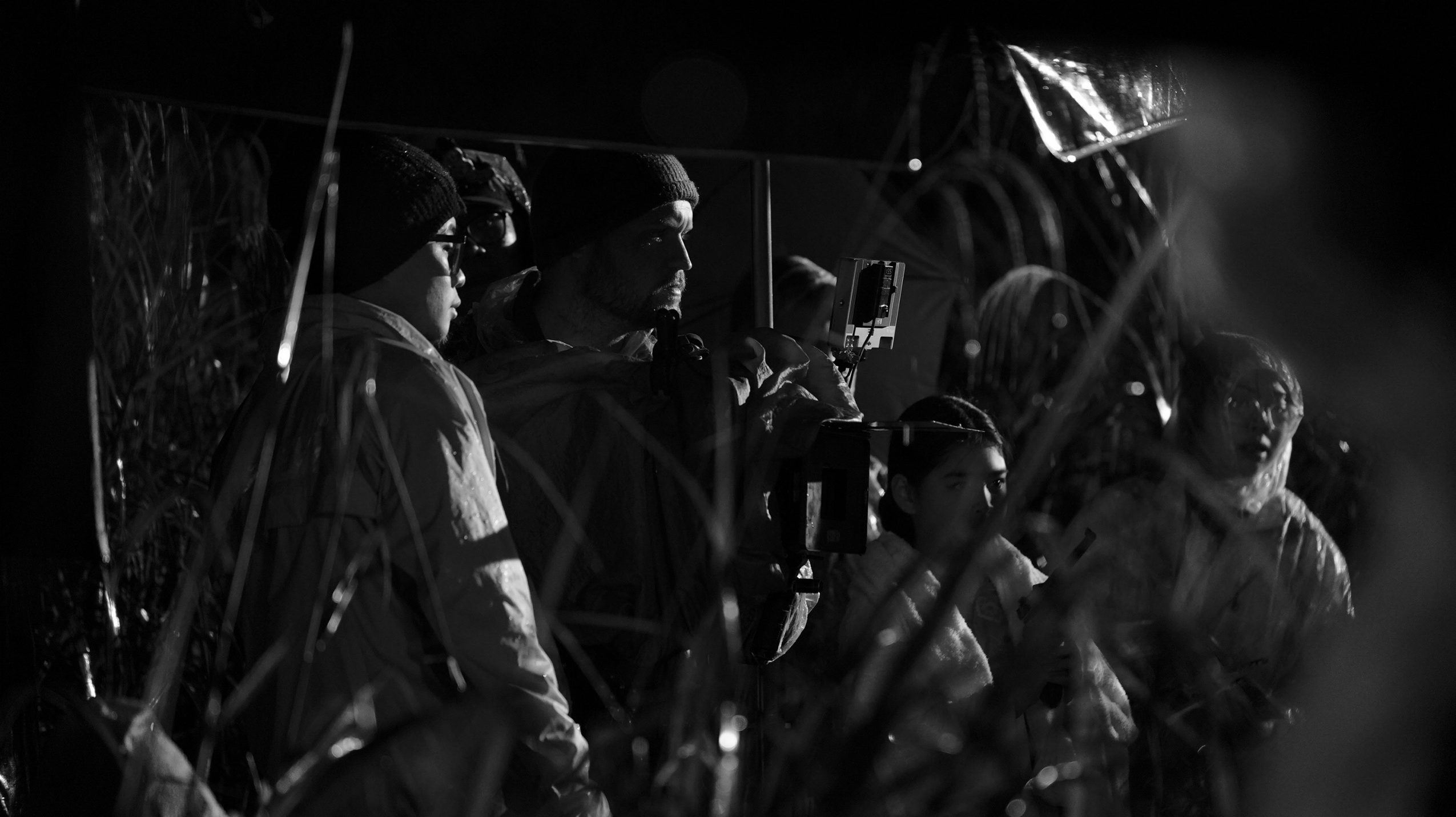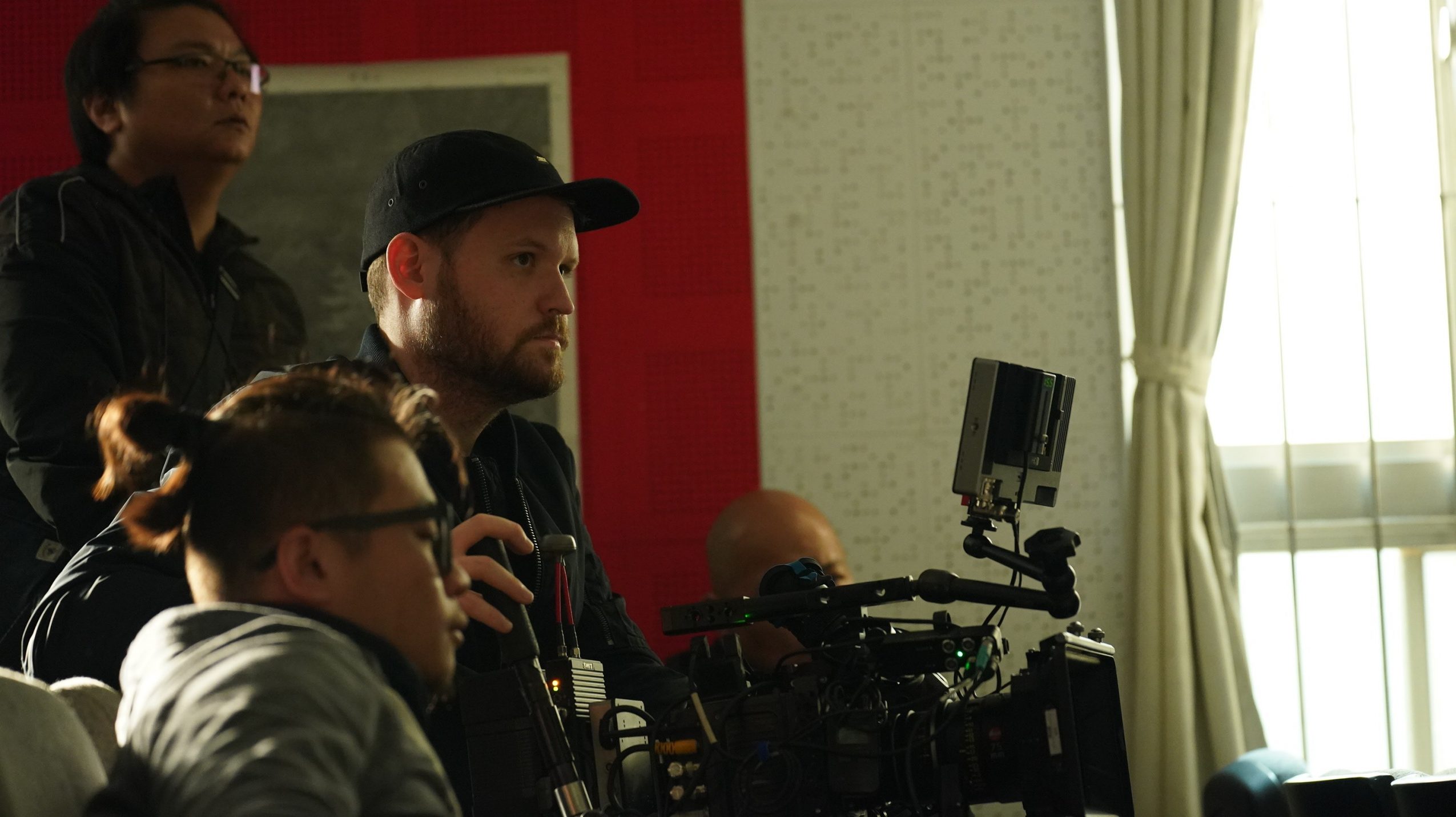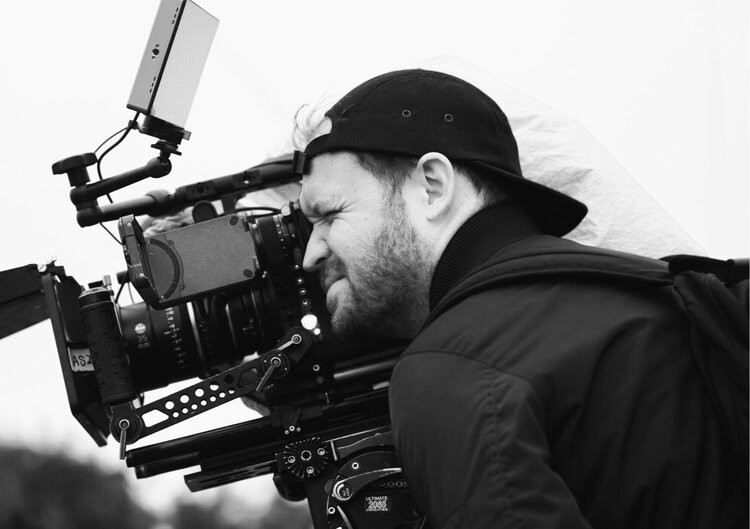

Today we’d like to introduce you to Christopher Purdy.
Alright, so thank you so much for sharing your story and insight with our readers. To kick things off, can you tell us a bit about how you got started?
Like a lot of people, movies were a big part of my childhood growing up, and I think I knew pretty early on that I was interested in filmmaking. My cousin and I would make spoofs of our favorite movies and try out special effects. In high school, I became the go-to kid for video projects, and I started to realize that maybe it could be some sort of professional vocation. I majored in Film Studies and devoured every Criterion DVD I could get my hands on. At first, I thought maybe I wanted to direct, until I was asked to shoot a low-budget horror film with some friends, which is when I realized it was actually the image-making that I was obsessed with. What I really wanted to do was chase down and capture what it was about those classic films that had been so beautiful to me.
I decided to focus on becoming a cinematographer, and later attended Chapman’s graduate film program where I learned (and more importantly unlearned) a great deal about narrative storytelling under Bill Dill, ASC, and Johnny Jensen, ASC, as well as from my colleagues. Upon graduating, I shot a few shorts and worked for several years as a camera assistant, key grip, and gaffer, using each and every opportunity to learn and sharpen the skills and experience I needed to grow and improve. Finally, a couple years ago, I was fortunate enough to shoot my first feature film in Taiwan, an experience that I will treasure for the rest of my life. That film has recently begun its international festival run, and I am hopeful for what the future holds.
Alright, so let’s dig a little deeper into the story – has it been an easy path overall, and if not, what were the challenges you’ve had to overcome?
I don’t know anyone who has had a smooth road trying to break into this business, and it certainly hasn’t been easy for me, nor is it easy now. I’ve had incredibly proud moments, and other times I’ve been down that pit of despair, but I think that’s unfortunately the reality for nearly everyone who wants to do something creative for a living.
The road is full of bumps and bruises and for every project that feels like a home run, there are dozens that don’t work out, or don’t meet expectations, or are just downright miserable for one reason or another. Sometimes the calls just don’t come for a while and that can be agonizing as a freelancer. Success in the entertainment industry is built on selling oneself as a brand, and projecting that confidence is not an easy thing for everyone to do. Especially now, I think it’s all too common to compare ourselves to others and to feel like we don’t measure up.
Thanks for sharing that. So, maybe next you can tell us a bit more about your work?
My focus has always been narrative. I don’t dislike commercials or music videos, but the thing that really gets me excited is a good story, a well-written script with rich characters, and a world I want to inhabit that I can visualize playing out on screen. If I click with a director and I feel like I can contribute something special to a story, there’s no better feeling.
When I’m prepping a film, if the director is open to it, I like to work together to figure out how each specific shot tells a story, rather than some kind of coverage, or stylistic flourish for its own sake. I don’t like to move the camera unless it’s necessary, for example. I enjoy steeping myself in old films, looking at innovative techniques, searching for my own way to riff on something classic to find the best way to express the director’s vision for the story.
Working as a gaffer has also made me realize that my real passion is lighting. I love cameras, I love film, and I can’t wait to get my hands on the latest gear, but I believe the tools should always serve the story first, and in my opinion, the light tells the story more than the lens or the LUT ever could.
What has been the most important lesson you’ve learned along your journey?
I really believe that the only person anyone should be comparing themselves to is themselves. If I can look back and feel proud of how far I’ve come, then I know I’m on the right path. I try to envision where I want to be in the future, and then continue to work toward that goal. It’s not a race. Everyone has a different destination.
I also think it’s important to be clear about what you want and don’t want, and to ignore what others try to make you think. Perhaps if a certain thing isn’t working out or a certain type of work isn’t coming, it’s because you don’t actually want it as much as you thought, or it’s just not the right time yet. Take some time and get out of the city if you can, or else it can get under your skin after a while. There is a big difference between being a filmmaker and working in the film industry. Be careful not to let one thing cloud the other.
Contact Info:
- Website: purdydp.com
- Instagram: chrispurdydp
